The Ceméa are organised in national, European and international networks. Their project is based on the values of new/active education and the empowerment of individuals through active education methods. Ceméa is a movement of people committed to practices to transform environments and institutions. They are a training organisation offering a diversity of placements in the daily realities of education, animation, health and social action, and propose spaces for research and meetings articulated with the organisation of public events.
The Ceméa are recognised as being of public utility and are approved by the major Ministries of National Education and Youth, Social Action, Culture and Communication, Foreign Affairs, Overseas France, etc.
Education for action: Ceméa has set itself five major objectives:
– To build the new/active education in the 21st century.
– Bringing formal and non-formal education to life, developing cultural practices and the fight against all forms of exclusion.
– To act in institutions for youth and popular education.
– To commit to sustainable development and new forms of solidarity between generations, in Europe and in the world.
– Consolidate holiday and leisure centres and mobilise for the right to holidays for all.
Some of the issues on which CEMEAs act on a daily basis include :
Accompanying PARENTALITY
The Ceméa reaffirm that education is part of the family, the school, all social spaces, and places of leisure. The complementarity of pedagogical and educational projects and the educational continuity between the different adults participating in this co-education are essential. The Ceméas act to build real pathways and places of accompanying that gives a place to all parents, including the most disadvantaged in the face of educational institutions. The Ceméa promote an approach to parenting issues that is not guilt-tripping, plural, and that takes into account family changes.
Educating for the ENVIRONMENT on a Global Scale
The living environment plays a vital role in the development of the individual. Environmental education is the first condition for everyone to act consciously and collectively. The relationship between humans and their environment, the knowledge they must have of it and the awareness of the imprint it generates are at the heart of daily educational practices. Ceméa condemns the current development model of society centred on profit and outrageous consumption. It threatens the fundamental rights of humanity for the benefit of a minority. It also threatens the environment and the planet as a whole. The Ceméa call for a development project that takes into account the complexity of social, cultural, economic, environmental and ecological interactions. They support the planetary objectives of social equality and the preservation of natural resources. In their actions, Ceméa mobilises the levers of environmental education and education in all forms of consumption while respecting humanist principles and the preservation of the environment.
Promoting the Social and Solidarity Economy
Education, culture, health and social issues must resist the logic of commodification and competition. These fields must be built on a continuity that guarantees transversality and innovation. Ceméa’s actions are part of local, regional, national and European public service missions. They affirm the need for a State that provides structure, guarantees territorial equality and encourages local initiatives. Without competing with all the players, Ceméa mobilises multiple networks, based on cooperative and alternative practices. They claim the place of popular education associations as co-constructors of public policies.
Cultivating Emancipatory FREE TIME
Free time is one of the major challenges facing society today. Inequalities with regard to leisure and holidays raise the question of social cohesion. The Ceméa campaigning for the recognition of the educational meaning of free time, the Ceméa claim the effective right to leisure, holidays and departure for all. They oppose the commodification of holidays and leisure. It is alongside holiday organisers, local authorities and works councils that Ceméa experiments, builds and verifies new/active educational situations adapted to the needs of society, giving children and young people the opportunity to better understand living and doing together.
ACTIVE EDUCATION is a political project applied on a daily basis with adaptable and adapted pedagogies
The Ceméa’s reference is New/Active Education and the methods of active education form the basis of their pedagogical approach. They are based on people’s experience and expression and maintain a close relationship between theory and practice. Ceméa’s training courses and actions require the direct involvement of individuals and, through the individual/group relationship, contribute to the construction of social bonds. They mobilise action, experimental trial and error, but also thought, confrontation, observation, analysis and evaluation. They take into account the material conditions and living environment, the need to build a project, to appropriate techniques and documentary sources. They imply the individualization of learning and collective work. Active education enables each individual to build the path to his or her emancipation.
To learn more

Consult the YAKAMEDIA online media library. Hundreds of accessible educational resources:
Internet website : www.cemea.asso.fr
Training’s offers : https://cemea-formation.com/
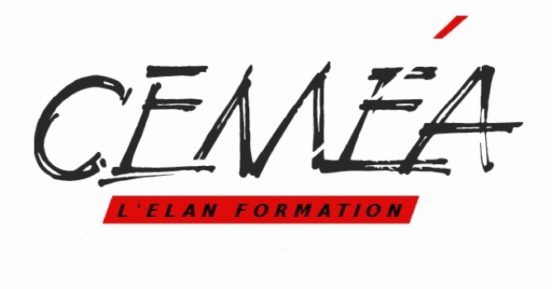
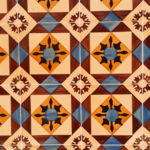
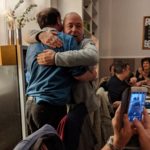

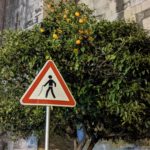
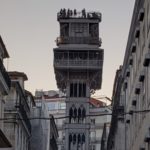
Comments by jlcazaillon